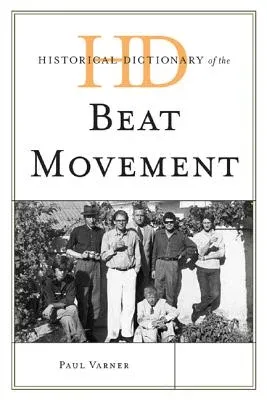The Beat Movement was one of the most radical and innovative literary
and arts movements of the 20th century, and the history of the Beat
Movement is still being written in the early years of the 21st century.
Unlike other kinds of literary and artistic movements, the Beat Movement
is self-perpetuating. After the 1950s generation, headlined by Jack
Kerouac, Allen Ginsberg, and William S. Burroughs, a new generation
arose in the 1960s led by writers such as Diane Wakoski, Anne Waldman,
and poets from the East Side Scene. In the 1970s and 1980s writers from
the Poetry Project at St. Mark's Church and contributors to World
magazine continued the movement. The 1980s and 1990s Language Movement
saw itself as an outgrowth and progression of previous Beat aesthetics.
Today poets and writers in San Francisco still gather at City Lights
Bookstore and in Boulder at the Jack Kerouac School of Disembodied
Poetics and continue the movement. It is now a postmodern movement and
probably would be unrecognizable to the earliest Beats. It may even be
in the process of finally shedding the name Beat. But the Movement
continues. The Historical Dictionary of the Beat Movement covers the
movement's history through a chronology, an introductory essay, and an
extensive bibliography. The dictionary section has over 700
cross-referenced entries on significant people, themes, critical issues,
and the most significant novels, poems, and volumes of poetry and prose
that have formed the Beat canon. This book is an excellent access point
for students, researchers, and anyone wanting to know more about the
Beat Movement.

